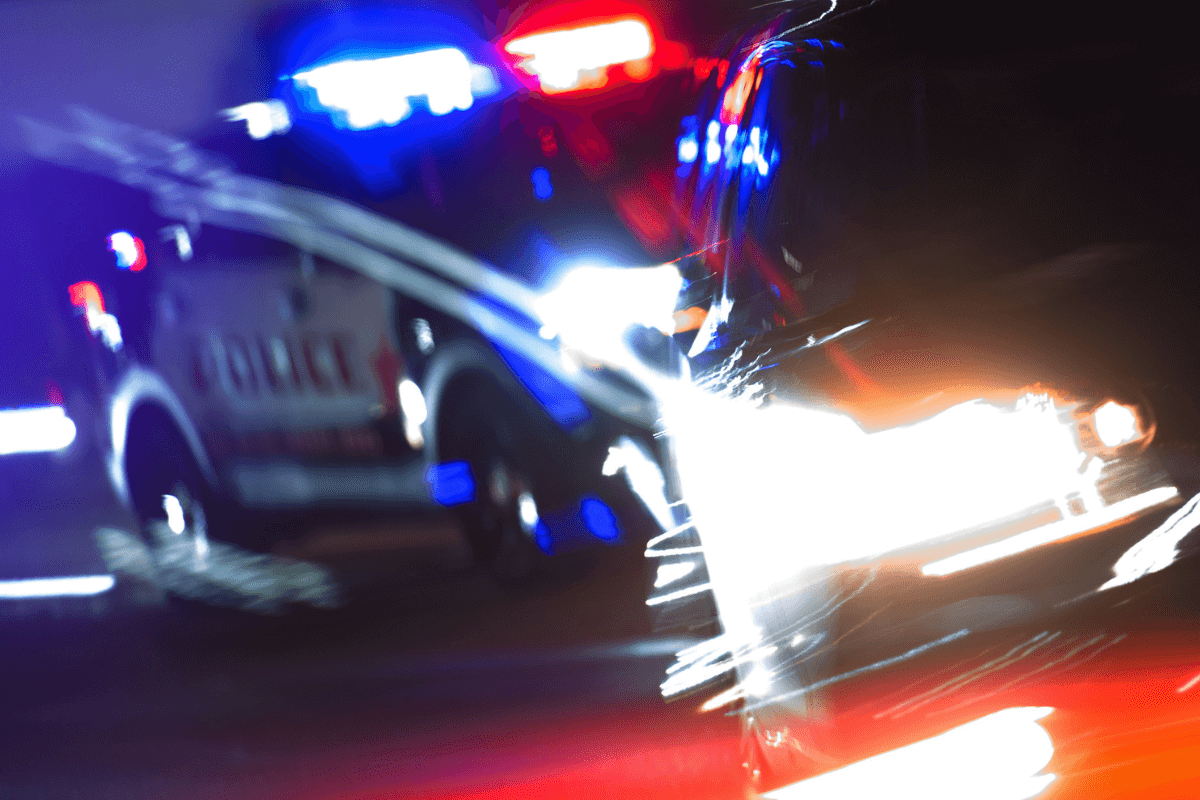
DUI checkpoints are a source of contention for many Pittsburgh residents and visitors. Opposers believe DUI checkpoints in Pittsburgh are unconstitutional; however, law enforcement has long used them as an effective tool against drunk drivers and those driving under the influence of drugs or other illegal substances.
What is a DUI Checkpoint?
DUI and DWI checkpoints are screening stations set up by police to test drivers for sobriety. Pittsburgh law enforcement will pick a section of the roadway and test multiple vehicles at once for impaired driving.
Generally, DUI checkpoints are set up during times when intoxicated drivers are most likely to be on the roads.
When is Drunk Driving at its Highest in Pittsburgh?
Sobriety checkpoints usually occur during holidays and late at night. According to the National Highway Traffic Safety Administration (NHTSA), the highest percentage of alcohol-impaired drivers in fatal crashes happen between 12:00 am and 3:00 am. More than 55% of drunk driving accidents occur during the hours most bars begin to close.
In addition, crash data shows that alcohol-related traffic collisions increase around the holidays. The holidays with the most impaired driving incidents include:
- Independence Day
- New Year’s Eve
- Labor Day
- Memorial Day
Pittsburgh DUI checkpoints are most likely to be set up and active during late-night hours, especially on holidays like these.
Are DUI Checkpoints Effective?
DUI checkpoints have been used since as early as the 1930s, but they did not become commonplace in the United States until the 1980s. According to CDC data, DUI checkpoints have:
- Reduced drunk driving injuries and death by 20%
- Reduced alcohol-related traffic collisions by 17%
- Reduced impaired driving accidents post-checkpoint by 19%
The CDC also found that driver blood alcohol levels (BAC) were 70% lower in counties that implemented regular DUI checkpoints compared to counties that did not.
How Do Pittsburgh DUI Checkpoints Work?
DUI checkpoints are set up to allow law enforcement to screen drivers for signs of alcohol consumption. Sobriety roadblocks can benefit police in several ways. For instance, police do not need reasonable suspicion to stop a vehicle at a DUI checkpoint.
Under normal circumstances, law enforcement would need a cause to stop or pull a vehicle over. DUI checkpoints in Pittsburgh allow police officers to conduct sobriety tests on drivers as they come through the roadblock.
Police will examine drivers for physical and behavioral signs of impairment, including but not limited to:
- Bloodshot or watery eyes
- Slurred speech
- Aggressive or lethargic behavior
- Odor of alcohol
- Flushed face
- Excess sweating
- Dilated pupils
Law enforcement will typically ask several questions during the stop. Drivers can expect their answers and statements to be used as probable cause for an arrest and as evidence against them in court. Some questions may include:
- Where are you coming from?
- How much have you had to drink?
- Have you been drinking this evening?
- Where are you headed to?
If an officer has a reasonable suspicion that a driver has been drinking, they may conduct a field sobriety test or request a motorist blow into a breathalyzer.
What is a Field Sobriety Test?
If a Pittsburgh police officer suspects that a driver is under the influence of drugs or alcohol, they will direct them to exit their car for further investigation.
A field sobriety test consists of questions and tasks used to assess a motorist’s concentration, reaction time, and coordination, and generally involves the following:
- Stand on one leg
- Walk and turn
- Count the alphabet backward
- Finger-to-nose
- Horizontal gaze, or nystagmus, test
Sobriety tests are meant to measure a person’s ability to follow instructions and balance. Roadside sobriety tests are optional. It is important to know that the results of any field sobriety tests may be used to support a DUI charge.
How DUI Checkpoints in Pittsburgh Should be Conducted
A Pittsburgh DUI checkpoint must still follow certain guidelines to be legal. For example, sobriety checkpoints must be carried out in a non-arbitrary and neutral manner. In addition, they must be conducted with as little intrusion on drivers as possible.
DUI checkpoints in Pittsburgh must meet the following criteria:
- The public must be given adequate warning of a checkpoint
- The stop must be brief and non-invasive
- A physical search is prohibited unless there is probable cause
- The roadblock must be established in a fixed location and cannot be moved without giving the public notice
In addition, the location, objective, and standards of picking which drivers to screen must be established beforehand by the administration. Drivers cannot be stopped randomly or by race, gender, or type of vehicle.
For instance, every car is not stopped at a checkpoint. Instead, an administrator will choose a specific system, like stopping every fourth car. Law enforcement officers do not have discretion as to which cars to stop, scheduling, or location.
What Are Your Rights Under Pennsylvania Law?
As daunting as a DUI checkpoint can be, understanding your rights at the moment is critical. While the United States Constitution protects Americans from various unnecessarily invasive actions by law enforcement, DUI checkpoints in Pittsburgh are an exception.
With that in mind, if a checkpoint fails to follow the above guidelines, it can be deemed unconstitutional.
Some examples of an unconstitutional DUI checkpoint include:
- The safety guidelines and conditions were ignored
- The checkpoint caused an unreasonable delay
- Drivers were not stopped under a specific standard (e.g., every third vehicle)
- The roadblock was not marked
- The checkpoint was used to screen for evidence of other crimes without a warrant
If you feel your legal rights have been violated by an unconstitutional DUI checkpoint, the Pittsburgh DUI lawyers of SMT Legal may be able to help. Contact us for a free consultation today.
